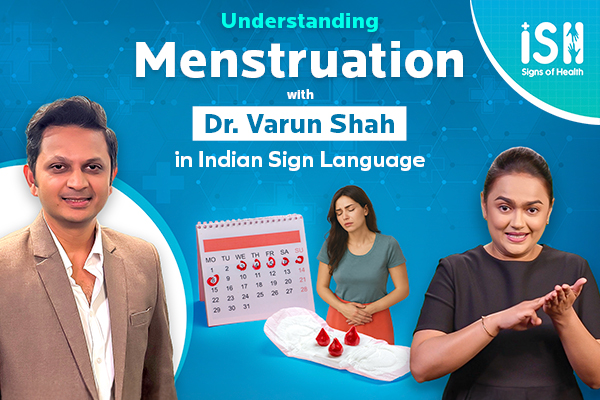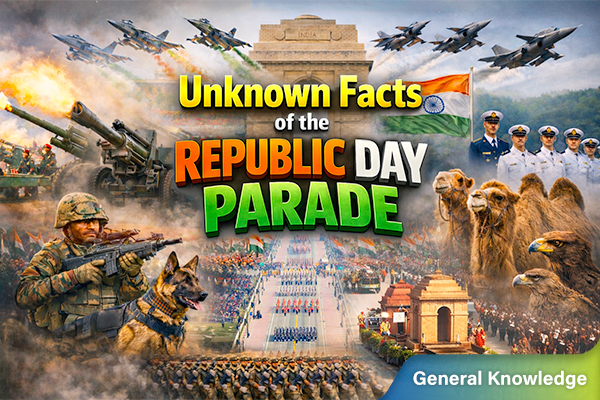The Secret Behind the Long Life of the People of Okinawa, Japan!
The Okinawan tradition of 'Moai' emphasizes strong social connections, providing emotional and financial support, which contributes to their long and healthy lives.
Most people dream of living a long and healthy life, but only a few are able to achieve it. However, there are some places in the world where people consistently live beyond 90 or even 100 years. These regions are known as "Blue Zones."
A "Blue Zone" is a term used to describe areas where people have a significantly higher rate of longevity, often living without chronic diseases and reaching a ripe old age. The idea of Blue Zones was first popularized by American explorer and author Dan Buettner, who studied regions with exceptionally long life expectancies. These areas include Icaria (Greece), Ogliastra (Sardinia, Italy), Okinawa (Japan), Nicoya Peninsula (Costa Rica), and the Seventh-day Adventists in Loma Linda, California (USA).
What makes people in these areas live longer lives? Studies suggest that lifestyle factors such as diet, exercise, and fasting play a big role. Interestingly, genetics only account for about 20-30% of a person's lifespan, while environmental factors like diet and social connections have a much greater influence on how long we live.
One of the most famous Blue Zones is Okinawa, Japan. Okinawans are known for living healthy lives well into their 90s and even past 100 years old. But what is the secret to their longevity?
The Okinawan Secret: Moai
Apart from eating a healthy diet and exercising regularly, the people of Okinawa practice an ancient tradition that has greatly contributed to their long life: Moai (pronounced Mo-eye).
Moai is a concept that involves creating strong social bonds, where groups of people come together for a common purpose. Traditionally, Moai groups were formed to provide mutual financial, emotional, and practical support. Over time, these groups have evolved into powerful social networks that help people cope with life’s challenges.
Okinawans often meet with their Moai groups several times a week. They share their personal experiences, discuss challenges, and celebrate one another’s successes. This creates a deep emotional bond, and people know that they can count on their Moai group in times of need, whether it’s for emotional support or financial help.
How Moai Supports Longevity
The practice of Moai offers several benefits that contribute to the long life of Okinawans:
-
Emotional and Financial Support: Moai provides a safety net for its members, ensuring they always have people to turn to during difficult times.
-
A Sense of Purpose: Being part of a Moai group gives people a sense of belonging and purpose, which is essential for mental well-being.
-
Healthy Habits: The support of the group encourages positive lifestyle choices, such as staying active and eating healthy.
-
Stress Reduction: Moai helps reduce stress by providing emotional security and ensuring that people have a strong social network to rely on.
Moai in Today’s World
In today’s world, chronic stress, loneliness, and mental health issues are becoming more common. The importance of social support cannot be overstated, and this is where the concept of Moai becomes even more relevant. As people struggle with mental health challenges, having a close-knit social group can provide much-needed comfort and encouragement.
Moai teaches us the value of strong social connections. By creating and nurturing such bonds, we can lead longer, healthier, and happier lives. In a time when loneliness is on the rise, learning from the Okinawan tradition of Moai could be a crucial step in ensuring a better and more fulfilling future for all.







